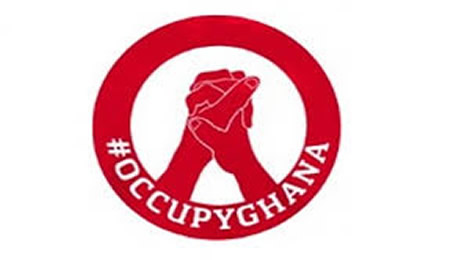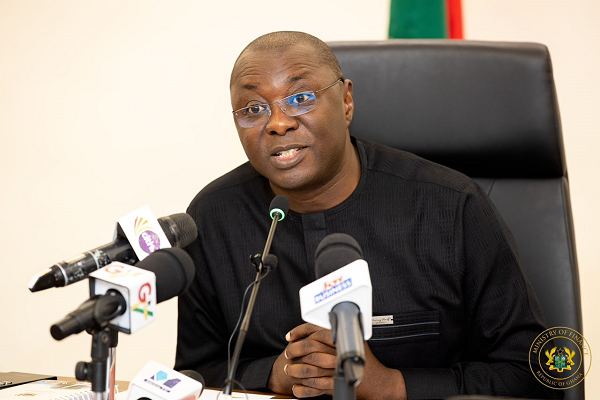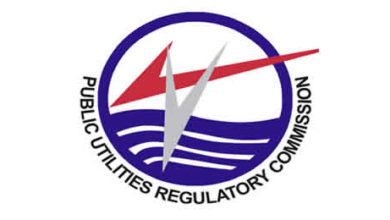Surcharge irregularities – OccupyGhana demands

On September 7, this year while the Chief of Staff was busy writing to appoint Mr Johnson Akuamoah Asiedu as the Auditor-General, OccupyGhana, a pressure group, was also busy making new demands on the man who watches over the proper use of the national purse.
The group observed that the Auditor-General in the 2019 and 2020 Audit reports reneged on his power to issue disallowances and surcharges to all persons identified to have been either engaged in or responsible for the illegal use of public funds.
OccupyGhana insists that the 2019 and 2020 reports were replete with ‘irregularities’ that had led to the loss of huge amounts of government funds, which Article 187(7)(b) of the Constitution calls (i) ‘expenditure which is contrary to law,’ (ii) sums ‘not been duly brought into account’ and (iii) ‘loss or deficiency [through] negligence or misconduct.’
Yet, it said the Auditor-General had not exercised his powers of disallowance and surcharge.
The pressure group, in a letter dated September 7, 2021, signed by Mr Sydney Casely-Hayford, and addressed to the Auditor-General, therefore, urged it to issue disallowances and surcharges to all persons identified as having been either engaged in or responsible for the illegal use of government funds.
Mandate
However, the Auditor-General insists that he was doing the work as mandated by law and would not allow anybody to push him to do things that were not part of his work.
Mr Asiedu said irregularities identified in the Auditor-General’s reports were subjected to thorough examination before disallowances and surcharges were issued to persons responsible for them.
He said the practice was not done without evidence and that “our work is based on evidence and so as far as our duty is concerned, we are doing our work according to the laws of the state.”
Legal basis
Adducing legal arguments to buttress its demands, OccupyGhana said disallowances and surcharges were issues that were binding on the Auditor-General to do, and any omission constituted both contempt of the Supreme Court and a high crime under the Constitution.
“Sir, once you determined these had taken place, you did not have any discretion; you must disallow and surcharge.
It recalled that the Supreme Court in 2017 held in OccupyGhana v Attorney-General, that the exercise of the power to disallow and surcharge was mandatory, and no longer permissive, and could no longer be “at the





